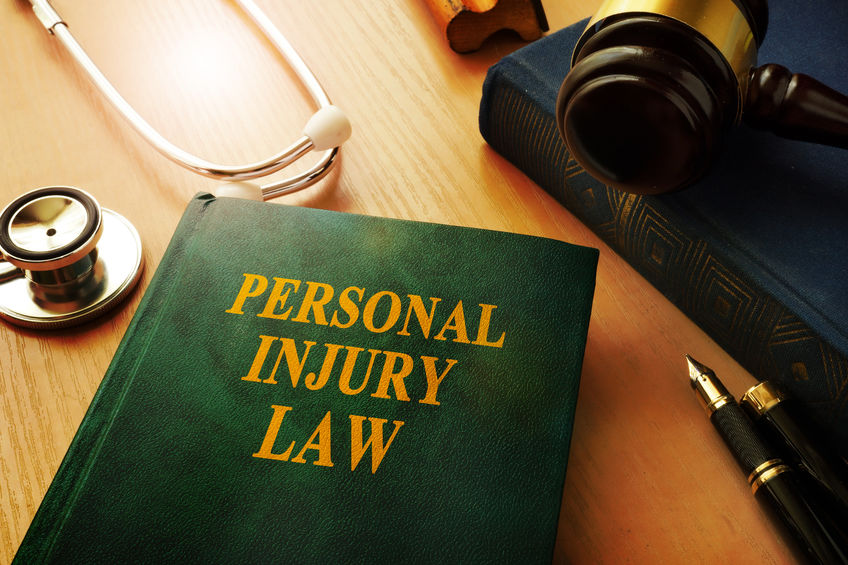
Some may think that landowners are responsible for any injury on their premises because they have an affirmative duty to exercise reasonable care for the safety of persons expected on their land, including protecting against the risks of dangerous conditions. However, many people don’t realize that a landowner must know or have reason to know of a dangerous condition on the land before being held liable for injuries stemming from such a condition.
Cooley v. Kelly
Notice of a defective condition was the determining factor in the Rhode Island Supreme Court case, Cooley v. Kelly. Cooley involved a collapsing porch step and an injured tenant. Tenant/ plaintiff Ms. Cooley sustained injuries after climbing the wooden stairs to her mobile home and falling through the top step. She claimed that defendant/owner Mr. Kelly breached his duty to keep the premises in a safe condition because the stairs were not properly maintained, and a reasonable inspection would have shown the need for repairs to the stairs. However, Ms. Cooley testified that no other stairs leading to the porch gave way and she had never noticed anything wrong with the stairs before the incident. The Rhode Island Superior Court found insufficient evidence that Mr. Kelly had prior notice of a defective condition, and granted summary judgment in his favor.
On appeal, the Rhode Island Supreme Court agreed, finding a lack of evidence that Mr. Kelly knew or should have known of a dangerous condition on the porch stairs. This case is a reminder that a landowner must have actual or constructive notice of a defective latent condition in order to be negligent for premises liability.
Res Ipsa Loquitur
In some premises liability cases, a Plaintiff may rely on the doctrine of res ipsa loquitur to establish negligence where there is clear evidence of a defective condition before the incident. Res ipsa loquitur is a Latin phrase meaning, “the thing speaks for itself.” Three conditions must occur to make res ipsa loquitur applicable:
- the injury must be of a character which would not occur but for an act of negligence;
- the injury must be caused by an agency or instrumentality within the exclusive control of the defendant; and,
- the injury must not be due to any voluntary act on the part of the plaintiff, nor have been contributed to by him or her.
A plaintiff that establishes res ipsa loquitur creates a rebuttable presumption that the defendant is negligent, which the defendant must rebut with its own evidence in order to be held not liable. A classic example of res ipsa loquitur is when a doctor leaves a sponge in a patient during surgery; the sponge is circumstantial evidence creating an inference that the doctor was negligent during the procedure without actual evidence of the doctor’s tortious act.
In this case, Ms. Cooley could not create a presumption of negligence through res ipsa loquitur because she failed to provide evidence that the stairs were defective before her injury occurred. The Court concluded that, “a mere occurrence of an accident, without more, does not warrant an inference that a defendant has been negligent” under res ipsa loquitur.
The Bottaro Law Firm LLC
The Bottaro Law Firm, LLC regularly brings premises liability claims to successful resolution for our clients. We can help you navigate the complexities of premises liability law to determine if you have a claim to compensate your injuries. Our experienced legal team is available 24/7 for a free consultation. Contact us at 401-777-7777.

